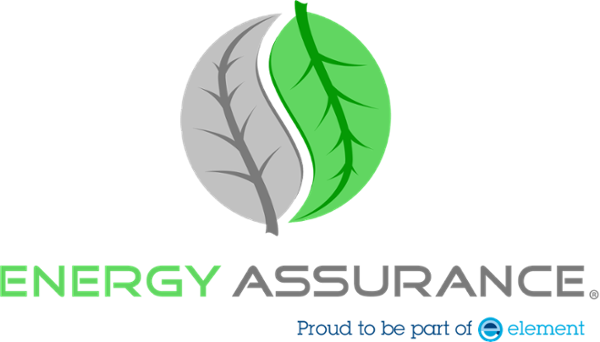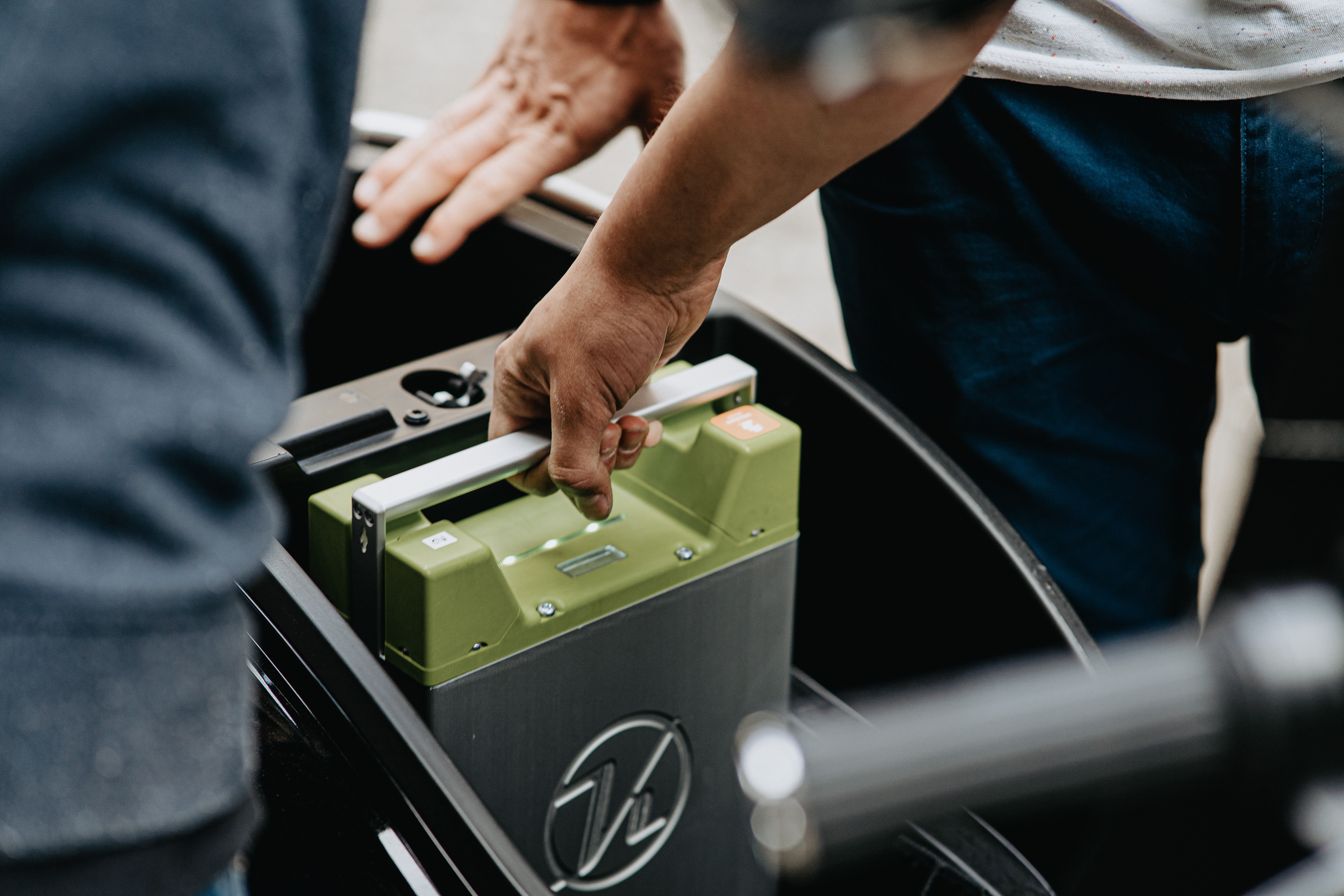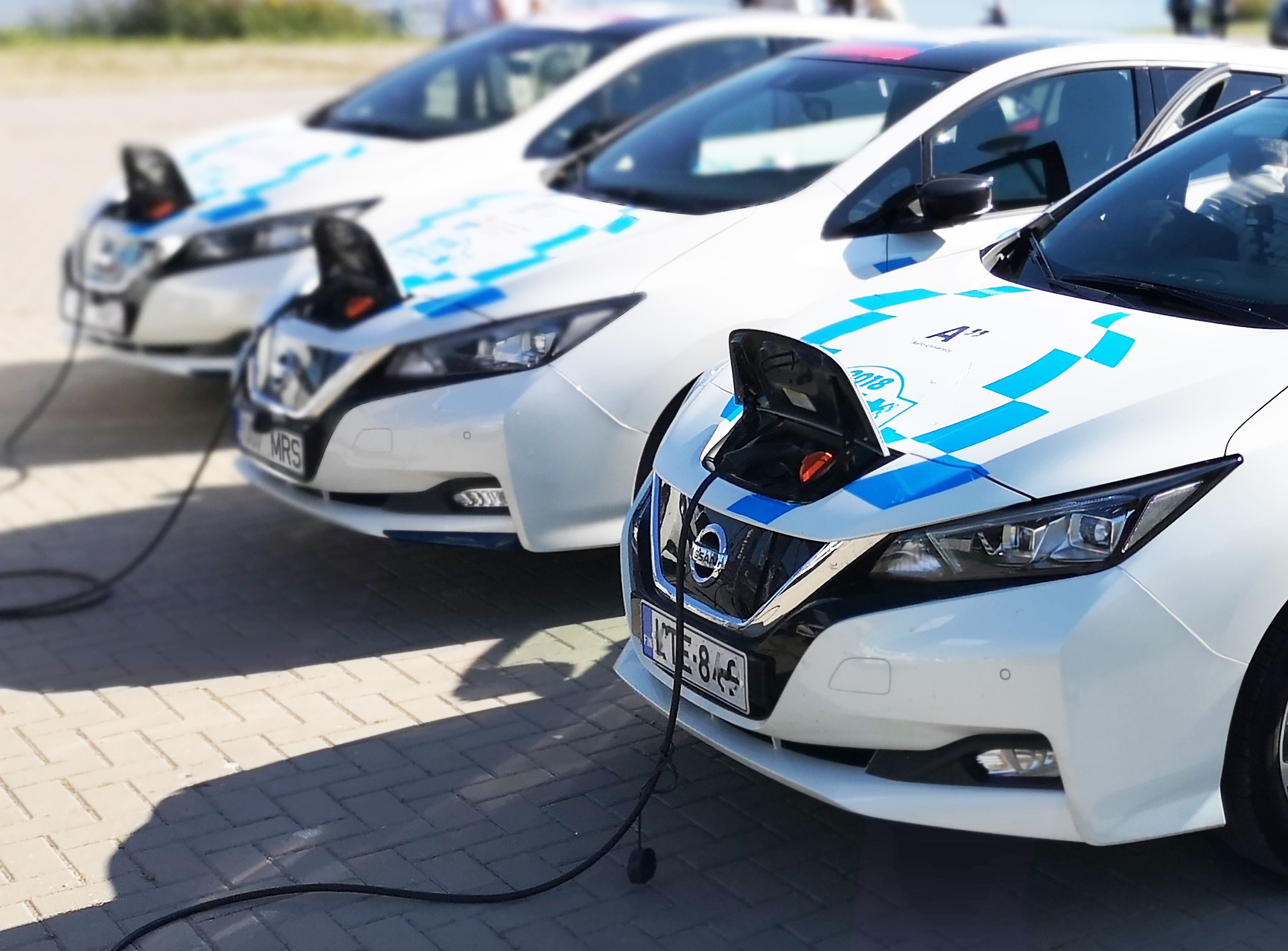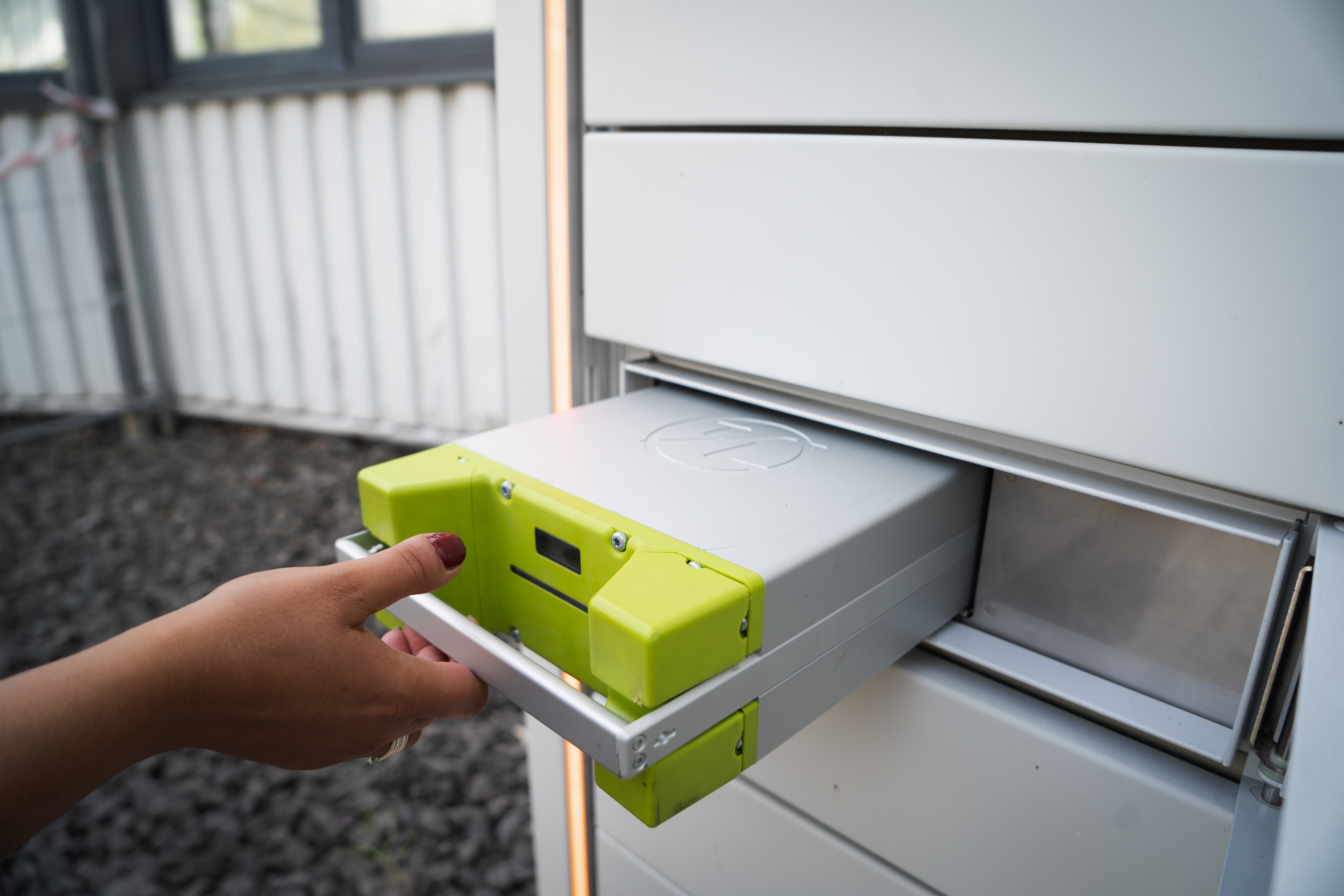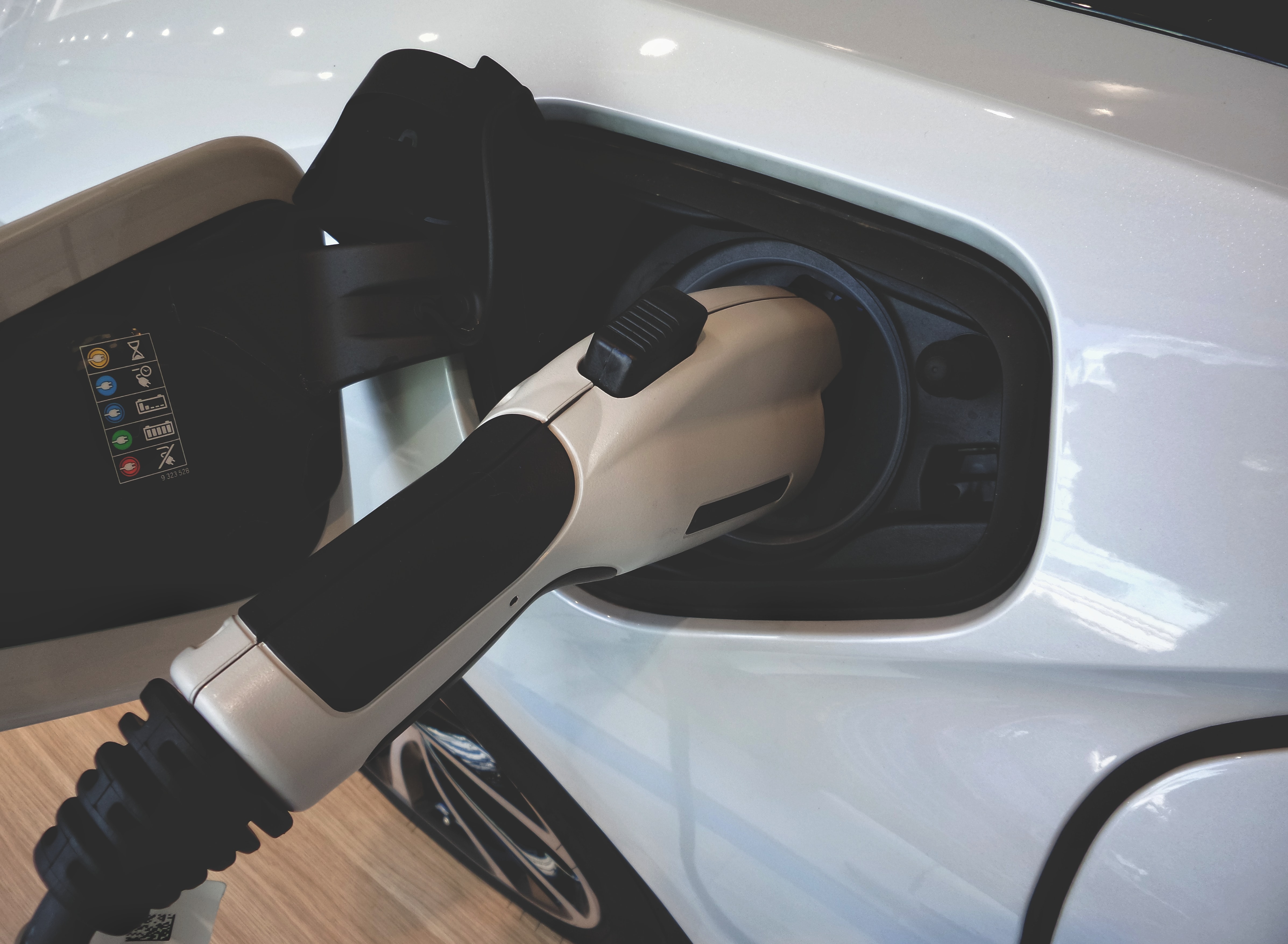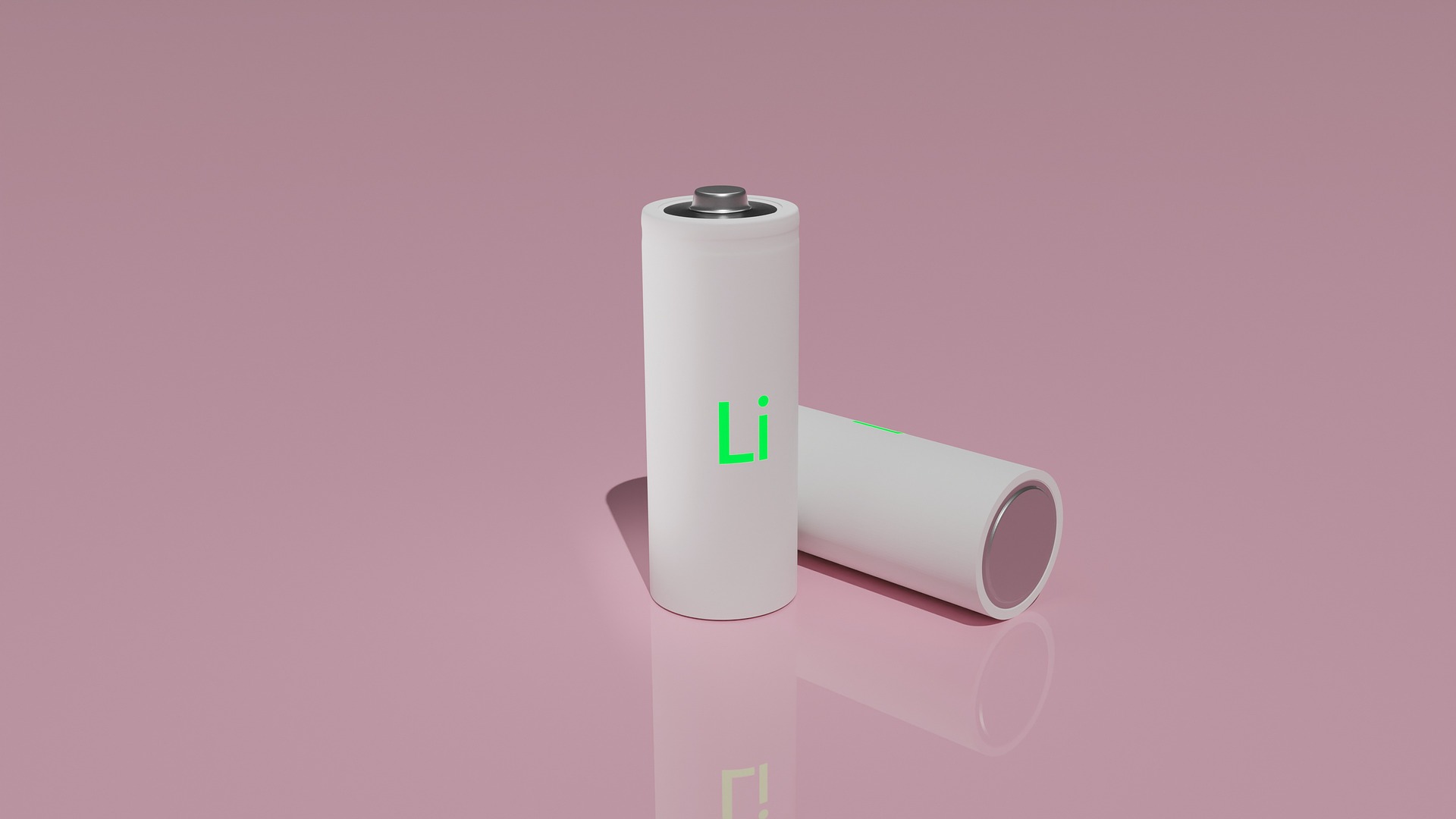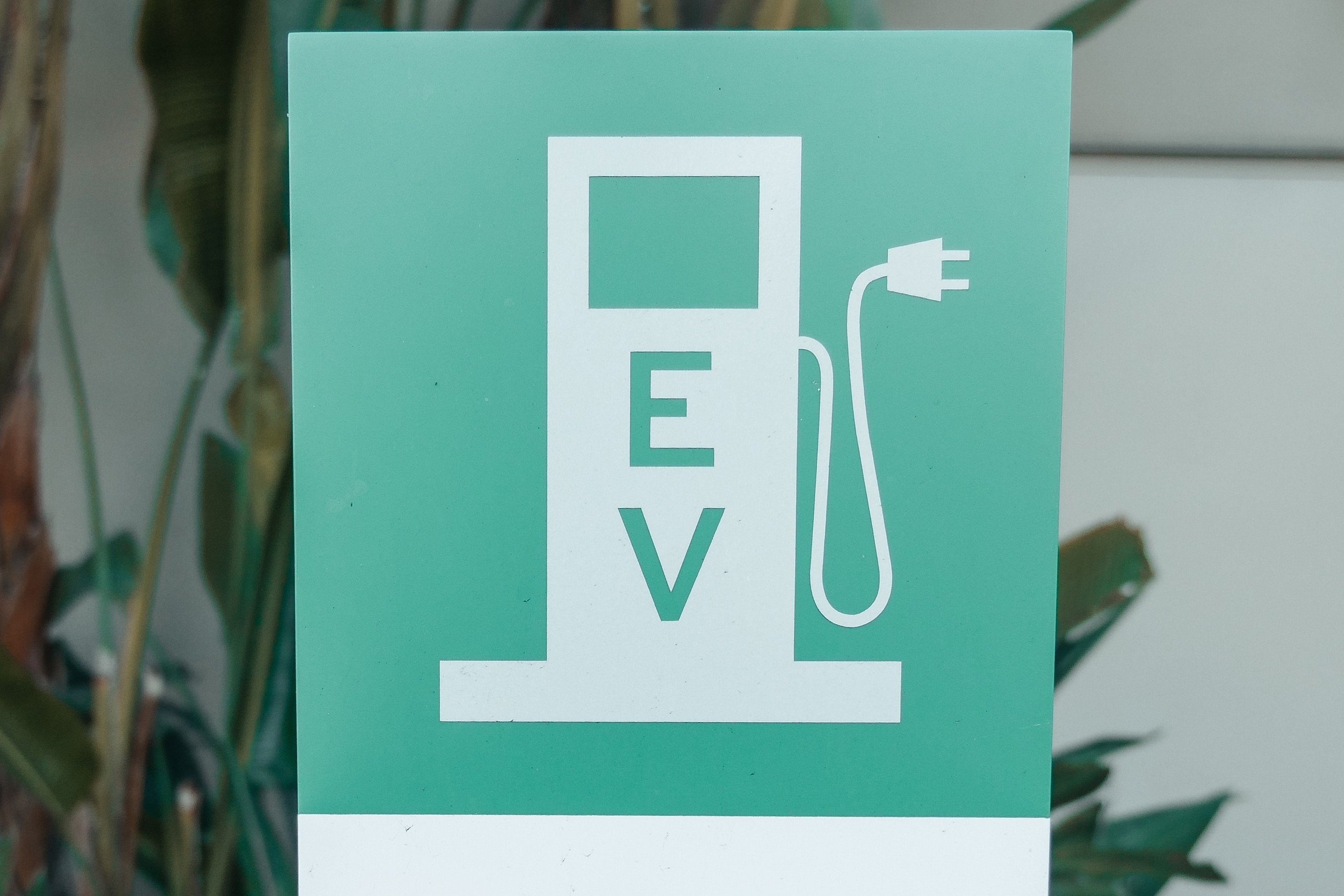
The electric vehicle industry is buzzing with fresh interest in several lithium-derivative chemistries for the next generation of EVs. We’ll get into those in a minute.
As far as testing goes for EV battery tech, safety remains a paramount concern, followed closely by energy density and durability. Each iteration of EV seeks to travel farther per charge and last many years on the road without heavy battery degradation. Unpredictable and sometimes extreme environmental conditions continue to impact EV batteries differently depending upon the climate where the vehicle primarily resides.
Each of the lithium formulations below is being assessed for potential transport-related applications, although many chemistries are still limited to small formats and will need to show improvement before scaling up to suit the size of an EV battery pack.
The Newest Li-ion EV Battery Tech
Li-ion batteries have been the mainstay of the electric vehicle industry from the start, and they remain the go-to chemistry — largely because li-ion features the best energy density currently available. Automotive buyers are fortunate to hold the front of the line in the supply chain due to reliably high volumes, even as other industries find themselves needing to turn to tier 2 and 3 suppliers of lithium ion batteries during supply disruptions and shortages. EVs will have their pick of the litter, continuing to buy from tier 1 suppliers.
Even so, this type of EV battery tech is expected to reach an energy limit in the coming years. Recent advancements and new families of materials are positioned to unlock new potential, however. Innovations with new compounds may make it possible to store more lithium and the electrodes (positive and negative) and allow for the combination of power and energy for the first time.
Solid State Li-ion Batteries
It seems like everyone in the automotive industry is talking about solid state right now. Is it real? When is it coming? The consensus is that it’s coming, but not soon. Solid state is unlikely to be a viable replacement for standard lithium ion for at least five to ten years.
The most notable advantage is that solid electrolytes are not flammable, which is a major boon for safety. A heated liquid Li-ion battery can be quite dangerous indeed if it gets into thermal runaway. Secondly, the solid state batteries of the future are likely to be denser and lighter weight than today’s liquid batteries, and with less self-discharge and thus a longer shelf-life.
Most solid state research is still at the smaller scale and not near production ready. Most research is currently on energy output, safety, and confirming chemistry and engineering. It’s likely that the first to hit production will use graphite-based anodes, with later models using metallic lithium anodes with super-dense energy in a lighter design — great for EV battery tech.
Lithium Sulfur Batteries
This tech is out there, but not in sizable amounts for EVs quite yet. In a traditional li-ion battery the active materials play a stable host to lithium ions while charging and discharging. With a lithium-sulfur (Li-S) battery, ions do not have a host structure and the battery has very light active materials — sulfur in the positive and lithium as the negative. The lithium anode is consumed during discharge and sulfur is transformed into various chemical compounds. This process is reversed during charging.
Liquid based lithium sulfur batteries have shortcomings, including a high rate of self discharge and limited lifespan, but this EV battery tech becomes very promising when based on a solid state electrolyte, with high energy density and a long lifespan. Designs are progressing towards prototypes as technical challenges are resolved. It will probably be market ready shortly following solid state li-ion batteries.
More Emerging Chemistries in Testing
This is just a sampling of some of the next-gen EV battery technology that’s coming down the pipeline. There are also “wet” solid state configurations in testing with an incremental, hybrid construction on the way to full solid state. Many vendors also have questions about li-ion phosphate, lithium air, sodium air, and other experimental technologies that you can currently make work in a lab, but no commercially viable design has yet emerged for large scale production.
In many cases the goal of research on emerging chemistries is not just energy density, but to design a safer, more reliable, and more cost-effective battery. The best way to get your hybrid and EV batteries to market faster is with full-service EV battery testing solutions.
Energy Assurance is the largest independent battery testing facility in the U.S., and our lab is outfitted with the latest technology, for testing the entire range of EV battery tech. Our partners are able to leverage:
- Real time data access provided by Voltaiq
- Full-site capability with a 20,000 sq. ft. facility
- Over 3,000 Cell Test Channels and 150 environmental chambers
- Testing for cycle life, shelf/storage life, charge rate mapping, cold crank, HPPC, and custom procedures
We have capabilities and proven success working with lithium ion and many emerging formats, and can align our procedures to your needs. With over 100 years of combined industry-relevant battery test experience, our team is ready to help. Schedule a consultation today.
